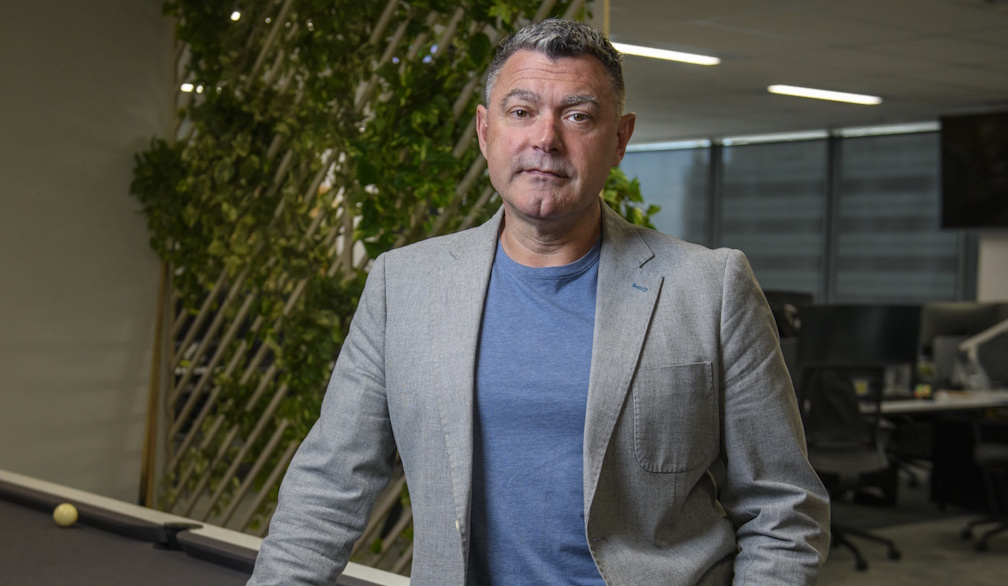Negotiating a new salary or a pay rise? Here’s what you need to know to succeed
- Written by Ray Fells, Professor of Negotiation, The University of Western Australia

Almost half of all Australian workers are currently watching for or actively seeking a new job, according to a recent Gallup report[1].
High stress levels, murky work-life boundaries and the fact that pay packets don’t go as far as they used to can all become compelling reasons to look elsewhere. Many may be tempted by the promise of a higher salary.
Of course the grass isn’t always greener, and there may be ways to make your current job more fulfilling. This could include inviting your boss to have a discussion about increasing your pay.
But both landing a new job and chasing a raise internally can put you in the sometimes tricky position of negotiating how much you’re paid.
Fortunately, like many other kinds of negotiation, there are three key principles that will offer you a better chance of success.
Know what you want and why
First, it’s important to know exactly what you want and why you want it.
In the case of looking for a new job, your aspirations should be based on your future, not driven by what is wrong with the job you now have. In what way do you expect the jobs you are looking into to offer you more than your current position?
Researching the relevant levels of pay for similar roles in your industry can offer you a sense of what’s reasonable and suggest where to place the goalposts.
Similarly, when seeking a pay rise, you shouldn’t just go in with vague hopes of being paid more.
It’s important to have a firm idea of how much more you’d like to be paid, and prepare a case for why – such as a recent improvement in performance or evidence of new responsibilities.
Step into the other person’s shoes
Important as your goals may be, any negotiation is two-sided. It is not only about what you want to achieve but what the other party wants, too.
This is the second principle of effective negotiation: other-directedness. Always negotiate from the perspective of the other party.
Imagine you are the other negotiator preparing to negotiate with you. Get to understand what they want, why they want it, what pressures might they be under and what constraints they might have to operate within.
Many organisations have a pretty firm salary and remuneration structure and it is unrealistic to think they are going to bust that structure wide open just to accommodate you. So be reasonable.
Just as importantly, you need to think ahead about what they are going to say in response to your request. What offer are they likely to put on the table – and what is then going to be your response? Plan for a range of different scenarios.
Focusing only on what you are initially going to ask for could see you lose control of the rest of the conversation.
Understanding the other party’s perspective puts you in a better position to present what you have to offer in a way that resonates with their goals. You may feel your extra effort should earn you a pay rise, but focus your request on the outcomes that have helped your employer achieve their goals.
Thinking about the other party also keeps your expectations more realistic. It’s important to set high goals, but if they are outside the other party’s ballpark, you might find yourself backing down or walking away empty-handed.
Have a solid backup plan
This leads us to the third principle of negotiation: knowing what you are going to do if you don’t get what you want.
A good alternative gives you confidence to restate your offer or claim even though the negotiator on the other side of the table has raised their eyebrows at it. Working out this alternative before you start negotiating is vital.
Depending on your circumstances, there may be a range of good alternatives when negotiating your salary for a new job. If you applied for multiple roles, you may be fielding other job offers. You’ll also often have the opportunity to just stay where you are.
Negotiating an internal pay rise might seem to have fewer tangible alternatives if it falls through. Disappointingly, you stay where you are and keep the salary you have.
But there are more ways to move yourself forward than just financially. For example, pursuing further accreditation, especially if subsidised or enabled by your employer, could help you stay motivated and improve your standing in future negotiations.
Remember, though, any negotiation is two-sided and the other party has alternatives, too.
In a job interview, if you have a rare set of skills and they have had a key employee suddenly leave, you could be well positioned to get a good outcome. Often, though, there will be someone else who can fill the vacancy and we might need the job more than they need us to fill it.
In that case, explore all the possibilities around salary – working arrangements, leave provisions and so on that will make the job more attractive to you. Before agreeing, always check that the prospect on offer is better than your alternative.
References
- ^ report (www.gallup.com)
- ^ Headway/Unsplash (unsplash.com)
- ^ charlesdeluvio/Unsplash (unsplash.com)
- ^ Owlie Productions/Shutterstock (www.shutterstock.com)
Authors: Ray Fells, Professor of Negotiation, The University of Western Australia














